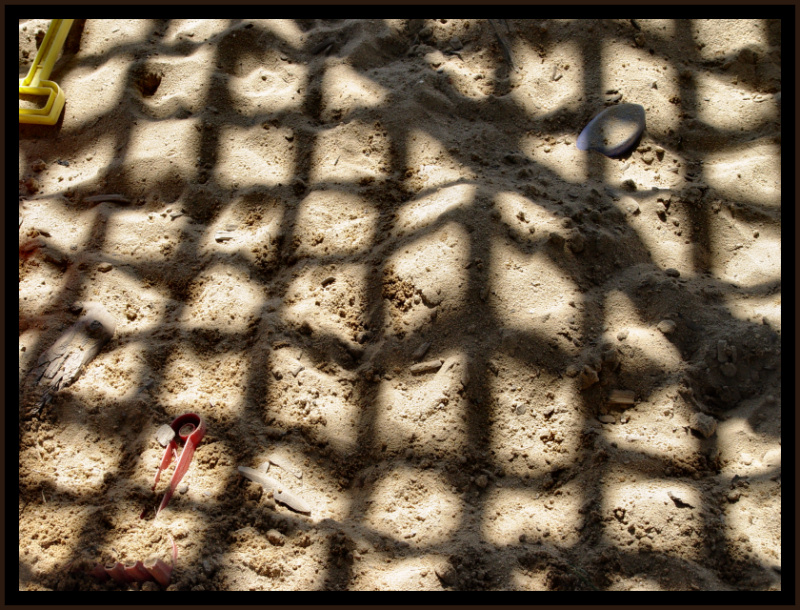Privilege Escalation
Public talk
Wednesday, October 10th
7 -9 pm
Privilege escalation is the exploitation of a flaw within a computer operating system to acquire elevated access to resources that are normally out of reach for the user performing the exploit.
In this talk Aymeric Mansoux will discuss the ongoing techno-legal transformation of society into a collection of systems in which the questions of agency have been reduced to issues of permissions, platforms, and usership within arrangements relying on principles of, or drawing inspiration from both computational and legal systems. A particular interest will be given to the impact of such systems on social organisation, art and culture production in general. The presentation will first give an historical overview of elements of computational culture that contributed to create an overlap between computer operating systems and social systems, then we will dive into today’s circulation of information on commercial social networks and online publishing platforms, to see how user generated content, terms of services, intellectual property laws and digital sharecropping are affecting art and culture production. Finally, we will discuss the cyclic role of artists and artists-run organisations in relation to technology, moving from a model of docile tactical commentary, to a more active form of critical engagement with infrastructures, software tools, decentralised and federated services. Throughout the talk, a particular attention will be given to the notions of being a user in a system designed by others, the sandboxing of our interaction through algorithmic and legal mediation, and the pyramid scheme of platform culture.
Mapping the means of digital production: a group therapy
Workshop
Thursday, October 11th
6-8 pm
By registration only. Please email info@oddweb.org to register.
Discussing the issue of ownership of the means of digital production, and to some extent the means of digital communication and publishing, seems like old news. After all, since the democratisation of computer access and computer networks, it is a well established fact that our digital realm is essentially relying on an unbalanced transaction between owners of free digital tools and their users, regardless if these tools take the form of a platform, social network, app or framework. As users we provide free labour to their owners, and at the same time we make use of such tools to create a constantly changing survival kit, required to remain efficient, competitive, productive, and up to date in days of precarious work. Also, does it even matter? Because of course, it is much more exciting to discuss questions of aesthetics, cultural circulation, and literacy emerging from the bricolage of all these gadgets, or, turn completely cynical about this question of ownership, and ridicule its naiveness in our socio-economic end times. Regardless, these positions do not help much, and are different materialisations of the same desperate stance: “après moi le déluge!”
However, fear not, in this workshop, a group therapy really, we will discuss our relation and dependence with all the digital gadgets, services and platforms we use on a daily basis. We will discuss and map their pervasive nature, their terms, their underlying ideologies, their alternatives, or lack of. Why bother? Because somewhere in this mess we will try to find some points of activation, some opportunities for autonomy and self-determination. We will try to find the utopia again, so we can collectively move forward, one tool at a time. Maybe.
